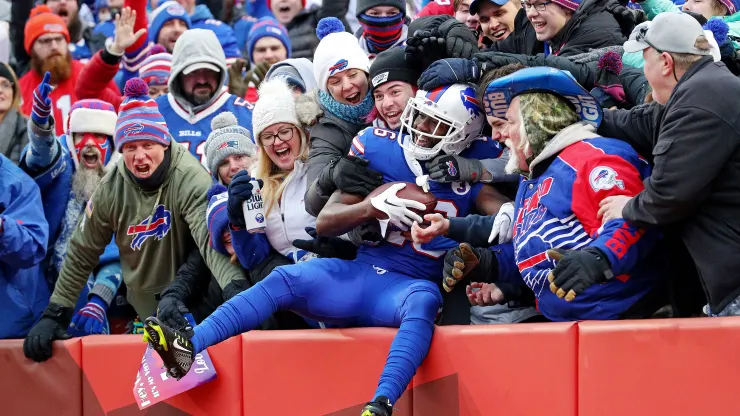In October 2023, admission prices for sporting events experienced a remarkable 25.1% surge compared to the same month the previous year, as revealed by the consumer price index data from the Bureau of Labor Statistics. This surge marked the highest annualized inflation rate within the extensive array of categories constituting the inflation gauge.
While the Consumer Price Index (CPI) as a whole saw a relatively modest 3.2% rise on an annualized basis, the specific category of sporting events outpaced many others, reflecting the significant resurgence in consumer interest and spending within the leisure and hospitality sector. Victor Matheson, a professor and sports economist at the College of the Holy Cross, noted, “People are getting back to things that they enjoy doing and are willing to pay a bunch.”
One contributing factor to the observed increase in ticket prices is the growing prevalence of dynamic pricing models, according to Matheson. These models enable ticket-selling platforms to adjust prices based on the real-time demand for specific events. Furthermore, the convergence of high-profile sporting events this fall, including the recent Formula One race in Las Vegas and the announcement of soccer legend Lionel Messi’s move to the Inter Miami team, has further fueled enthusiast spending.
However, Matheson emphasized that a substantial part of the staggering 25.1% jump is attributed to the exceptionally low prices observed a year ago. In 2022, teams significantly reduced ticket values in an effort to re-engage fans who had become accustomed to watching from the comfort of their homes. A CNBC analysis of CPI data indicates that sports ticket prices in October were 14.2% higher than in November 2019, showcasing a more moderate gain compared to the entire index’s 19.6% increase. The surge in admission costs this year underscores the impact of “funflation” as consumers redirect their focus from concerts featuring artists like Taylor Swift and Beyoncé to live sports events, leading to what Matheson described as a “gigantic bounce back in prices.”
Sales for the NFL and the National Hockey League (NHL) have witnessed a significant surge in 2023, nearly doubling compared to the previous year, as reported by the ticket platform StubHub. The NBA has experienced a robust increase of almost 60% in sales at the commencement of the season compared to the previous one, and college football has seen a substantial rise of around 50%.
However, it’s essential to note that not every sport has witnessed uniform growth in ticket prices this year. According to StubHub, ticket prices for the top 10 sporting events were 15% higher in 2022 than they were in 2023.
Victor Matheson, a professor and sports economist at the College of the Holy Cross, highlighted that while there has been significant growth, the broader context of more tempered inflation could contribute to cooling down sector-specific growth. Additionally, as consumers gradually return to a more normalized entertainment spending routine following the initial post-pandemic experience boom, this can potentially alleviate demand pressures and help stabilize prices in the sports ticket market.
